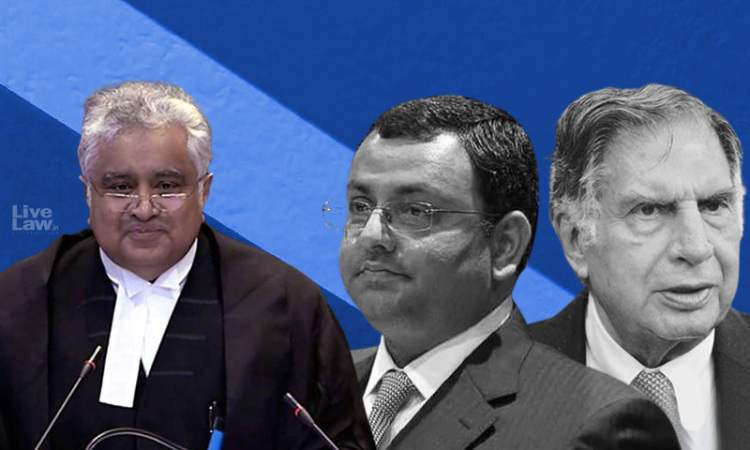Tata Sons v. Cyrus Mistry: Supreme Court Reserves Judgemnt
LIVELAW NEWS NETWORK
17 Dec 2020 9:15 PM IST

Next Story
17 Dec 2020 9:15 PM IST
The courtroom battle in the matter of Tata Sons v. Cyrus Mistry reached day 7 of continuous hearings by the parties. A three judge bench headed by Chief Justice of India SA Bobde heard the arguments advanced by Mr. Shyam Divan, who argued on behalf of Mr. Cyrus Mistry for second day in a row. The arguments were also advanced by Sr. Adv. Janak Dwarkadas, another counsel representing the...
